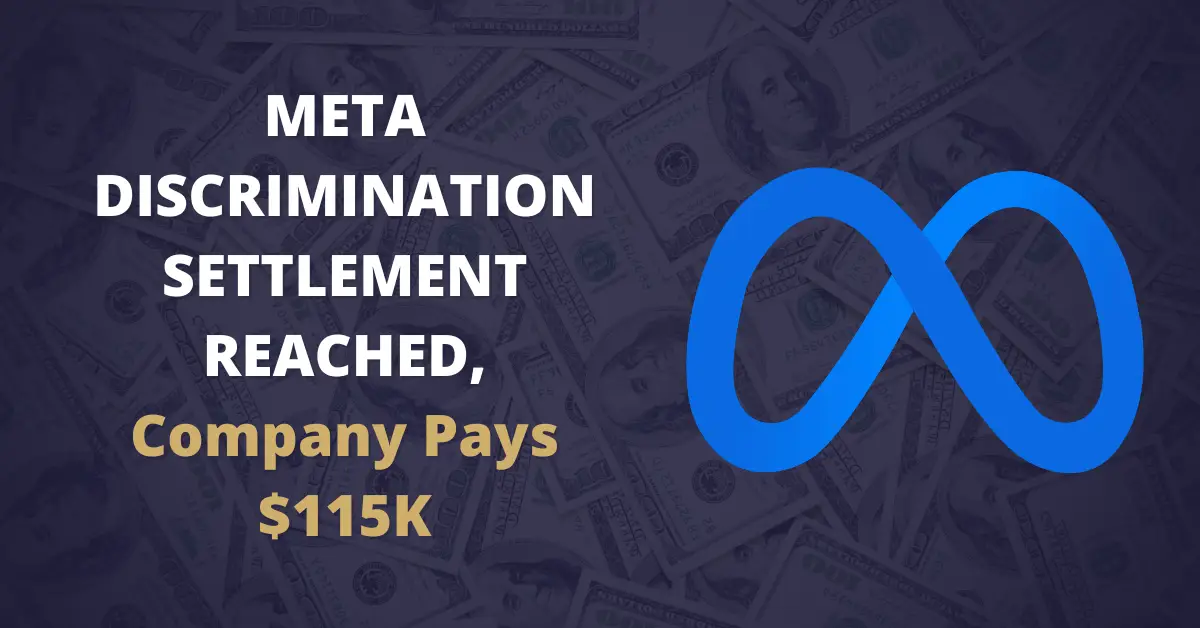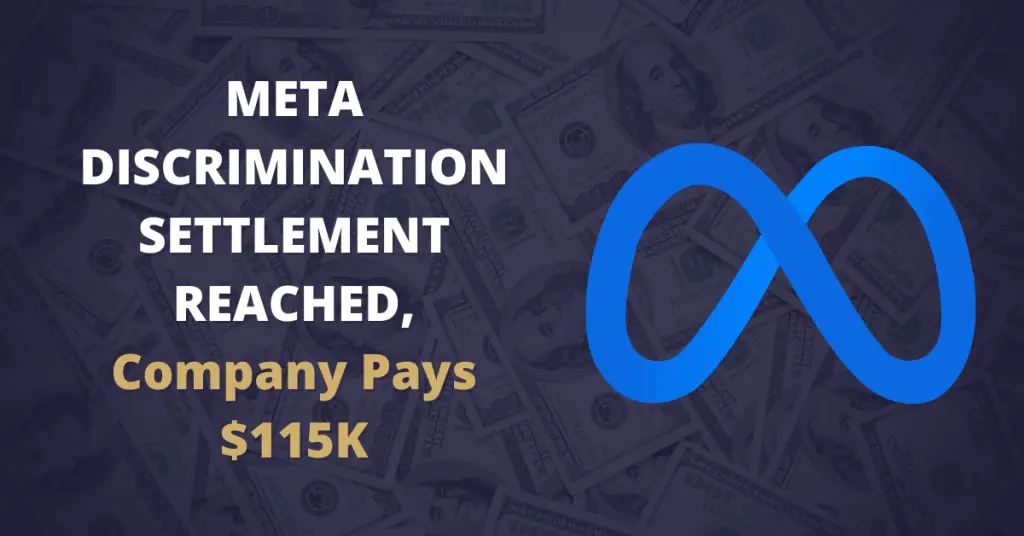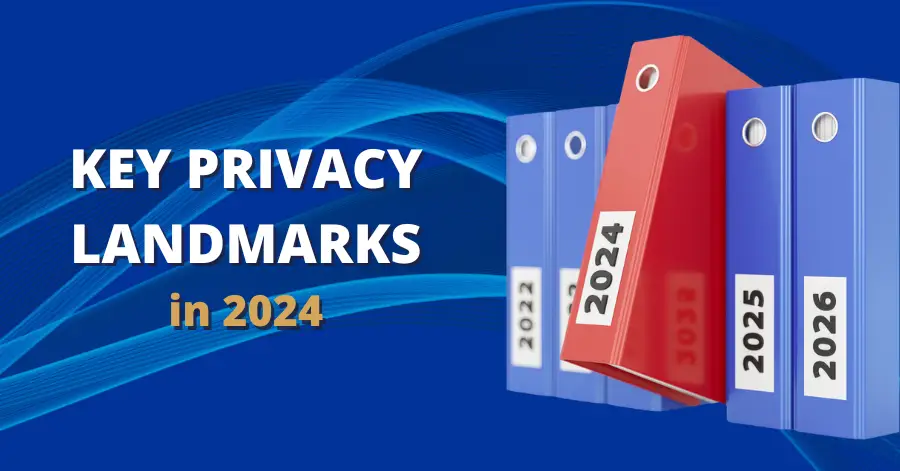Meta Discrimination Settlement Reached, Company Pays $115K


Yesterday, the Department of Justice announced a resolution to allegations against Meta, the parent company for Facebook and several other platforms. The original complaint alleged that Meta created targeted Facebook ad campaigns based on highly sensitive customer information that they were not allowed to use for this purpose.
The ad campaigns in question were related to housing. Prior to the complaint, Facebook had utilized an advertising tool called the “Special Ad Audience” tool, which displays housing ads to different users based on segmentation. But this isn’t as cut-and-dry as typical segmentation-based advertising. The complaint alleges that the algorithms used by the Special Ad Audience tool segment users by race, religion, nation of origin, sex, and similar personal traits—all of which are considered protected characteristics under the Fair Housing Act (FHA). According to the DOJ press release, “The department further alleges that Meta is liable for disparate impact discrimination because the operation of its algorithms affects Facebook users differently on the basis of their membership in protected classes.” This is clearly problematic on multiple levels.
In a historic legal decision, Meta has been placed under court supervision for its ad targeting system. The recent settlement places several requirements on Meta, including:
- Meta must phase out the Special Ad Audience tool entirely by December 31, 2022.
- Meta must develop a new housing ad algorithm that addresses disparities by December 2022, and must fully implement this new system by December 31, 2022.
- Meta may no longer use FHA-protected characteristics in its housing ad algorithms.
- A third-party reviewer will monitor Meta’s changes to ensure compliance, and Meta must provide all information necessary for complete monitoring.
- Meta will pay $115,054, the maximum fine allowed for FHA violations, to the United States government.
- If the court determines Meta’s changes are inadequate, the settlement terminates and the case moves to federal court.
You can read the full text of the settlement agreement here.
This lawsuit illustrates how easily conventional marketing tactics like segmentation can violate the law if not done carefully. It’s unclear whether Meta was aware that their segmentation criteria consisted of protected characteristics. But ignorance of the law does not excuse what happened. And as the massive fine and ongoing court supervision demonstrate, the United States government does not look kindly on even accidental discrimination.
But careful segmentation doesn’t have to slow down your marketing. A powerful tool like 4Segments will allow you to easily segment your audience based on relevant information. Pairing this with our privacy compliance software, 4Comply, allows you to make sure you’re using only legally permitted data. With both programs working together, you can continue maximizing marketing and visibility while ensuring full privacy compliance. Get in touch with us today to learn more.





